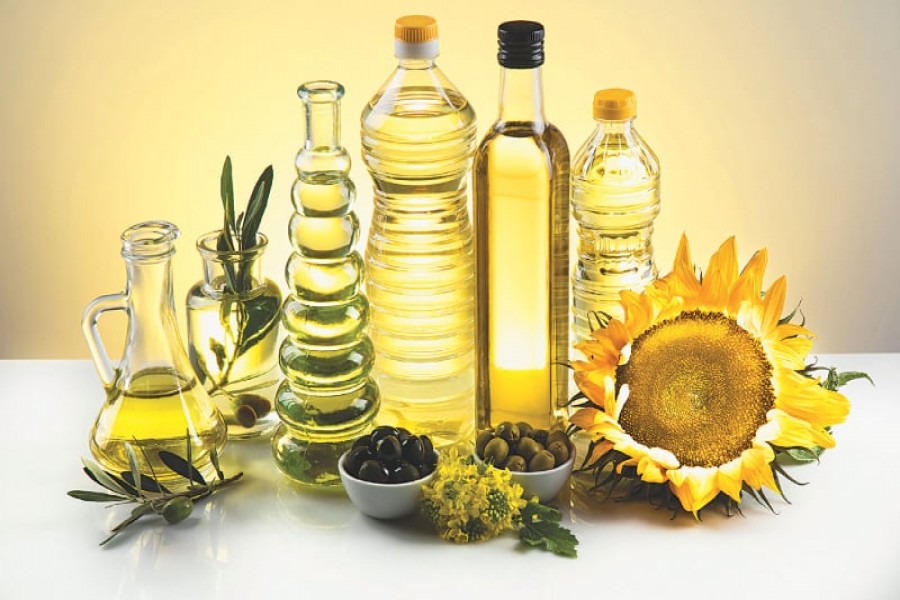The government is set to ban the transportation of edible oil through drums from March next year, aiming to ensure its marketing in packaged forms on the domestic market, officials said.
Currently, around 70-per cent soybean oil is sold in unpacked or loose format while only 35 per cent in PET bottle format.
Additional Secretary (Quality Control and Business Facility) of the Industries Ministry Sheikh Faezul Amin said, "We have formed a committee in a bid to ban the transportation of edible oil through drums by 2022 next aiming to stop sales of loose edible oil in the country."
To this end, the committee will report to the industries ministry every week, he added.
The decision to put an embargo on using drums to transport edible oil by the oil refiners is expected to come into effect from March 16, 2022, a source said.
According to the officials, palm oil is currently sold in an unpacked format while soybean oil in both packed and unpacked forms.
Earlier this year, the industries ministry sought the commerce ministry's opinion regarding a proposed provision that no more soybean oil be sold in an unpacked format.
As soybean oil will be sold in plastic packs and PET bottles only, it can be easily differentiated from palm oil.
It will be sold under a brand name and will have a mandatory certificate from the Bangladesh Standards and Testing Institution.
PET stands for polyethylene terephthalate and is usually used for manufacturing plastic bottles for liquid or beverage consumption.
Palm oil, on the other hand, will only be sold in unpacked format in the market.
A senior commerce ministry official said introduction of all-packed or PET bottled soybean oil would involve a price hike of the item to some extent at the consumer level.
To this end, the industries ministry recently formed a high-powered inter-ministerial committee to ban the use of drums for transportation of edible oil.
The 11-member panel will closely monitor the drum management of the country's refiners and others concerned across the country.
Besides, it will also watch the percentage of edible oil being marketed by the refineries in bottles and drums.
In September last, the commerce ministry through a letter to the industries ministry sought necessary measures to stop selling unpacked soybean oil in the market in order to save consumers from being cheated and also protect their interests.
The commerce ministry has been monitoring the edible oil market regularly; it finds some problems in selling unpacked soybean oil by analysing the monitoring reports of the officials concerned, read the letter.
Currently, palm oil is cheaper than soybean oil; so, there is a risk that palm oil be added to soybean oil, it continued.
There is also a tendency to sell unpacked oil by kilogram - not by litre. For this, added the letter, consumers are getting deprived in different ways.
According to the commerce ministry, general consumers are reaping benefits of packed soybean sales in the market.
When asked, an official said, "Some dishonest traders are selling other edibles in the name of soybean oil. We've made the move to ensure genuine oil consumption."
The country's annual edible oil import is an estimated 2.2-million tonnes - 70 per cent palm oil and 30 per cent soybean oil, according to the Bangladesh Bank data.
However, a Bangladesh Trade and Tariff Commission (BTTC) analysis finds that soybean oil sells more in the market than its total import.


